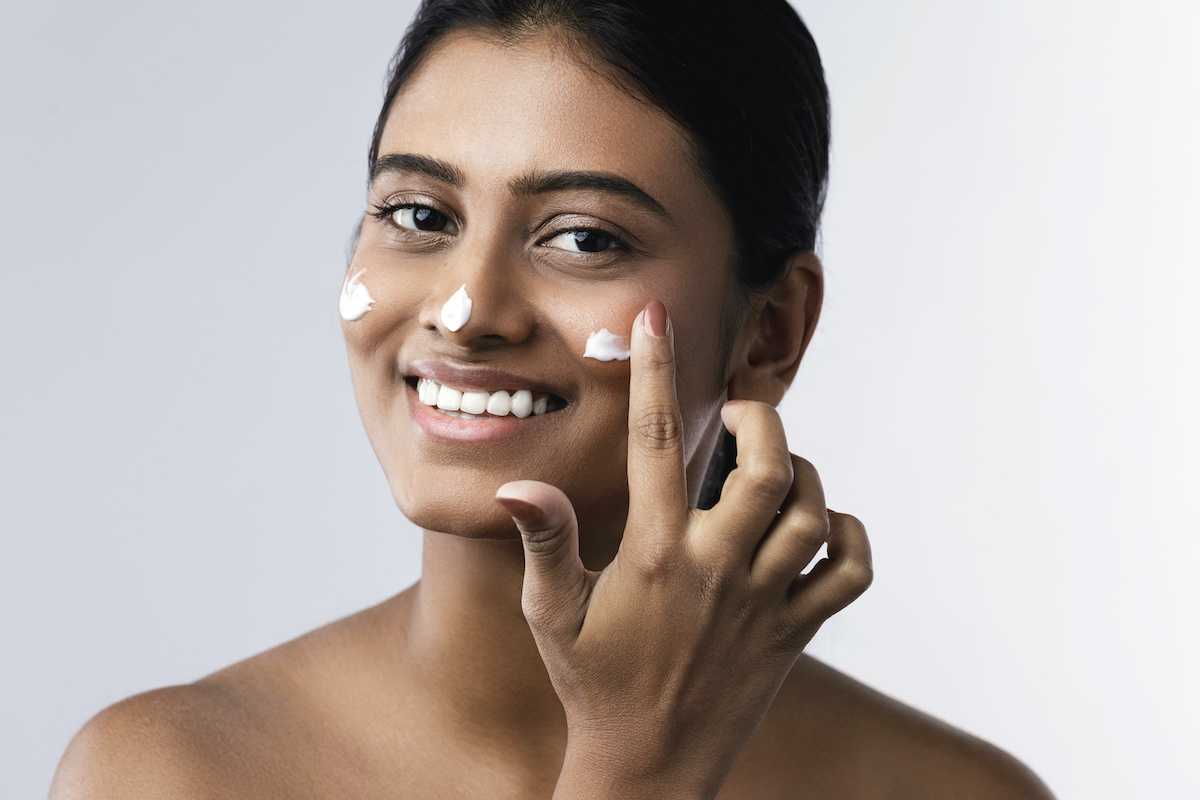 Every person needs to protect themselves from the sun. Yes, you need Vitamin D. No, you do not need to expose your skin to the sun without protection.
Every person needs to protect themselves from the sun. Yes, you need Vitamin D. No, you do not need to expose your skin to the sun without protection.
“Many people may not associate skin cancer prevention with basic skincare, but safely spending time in the sun requires high-quality skincare,” mentions Alicia Hauslauer, a physician assistant at Poole Dermatology, a Sanova Dermatology practice in New Orleans, Louisiana! That’s because to safely spend time in the sunshine, you need to protect yourself from sunburns, skin cancer and free radicals that can prematurely age your skin. It’s important to understand that any person can get skin cancer. It does not matter their age, gender or race – they are susceptible to skin cancer, says the American Academy of Dermatology. Currently, one in five Americans will develop skin cancer.
Protecting your skin from UVA and UVB rays takes a very small time investment, but it’s worth the effort since it reduces the amount you’ll need to spend on anti-aging and, potentially, on medical care.
While the ingredients of suntan oil once focused on helping a person develop a deeper, darker tan more quickly, today’s sunning products help protect and nourish the skin while protecting it. The AAD offers the following recommendations when choosing sunscreen products. Look for a:
- broad-spectrum product that protects against UVA and UVB rays,
- sun protection factor (SPF) of 30 or greater,
- sweat and water-resistant products.
Let’s take each of those aspects one at a time and delve into how they contribute to the quality of the product. A broad-spectrum product means it protects against both harmful UVA and UVB ultraviolet rays. Ultraviolet light from any source, whether sunlight or a tanning bed can cause both skin cancer and wrinkles. The UVA rays prematurely age skin. These cause age spots and wrinkles. They can pass through un-tinted window glass. The UVB rays cause sunburn. Window glass blocks these sun rays.
“The SPF of a product refers to the length of time wearing it that your skin receives protection,” mentions Hauslauer. If without protection, your skin withstands one hour of sun before burning, with the protection of a 10 SPF, it receives protection ten times that. That is why you’ll see it referred to as a “relative measure” of sun protection. If your fair-skinned best friend burns within 20 minutes of exposure to the sun, using the same product will protect her for less time than it will for you. Effective protection is relative to a person’s natural sun protection.
The third factor, sweat and water-resistant, refers to the ability of a product to resist wearing off due to exposure to sweat or water. Since many people wear sun oil at the beach or pool, it makes sense to wear a product that does not wash off when you swim. “Resistant does not mean waterproof,” Hauslauer insists. “It means that it will not immediately wash or sweat off,”.
You may not think of simple sunscreen in relationship to skin cancer, but it is the simplest protection you can give your skin from this disfiguring and potentially deadly type of cancer. There are few cancers that so easily lend themselves to prevention. Wearing a sunscreen of at least 15 to 30 SPF every day, every time you go outside can help prevent you from becoming the one in five individuals who develop skin cancer.
Contact Us
To learn more simple ways to protect your skin and health, contact us at Sanova Dermatology.
